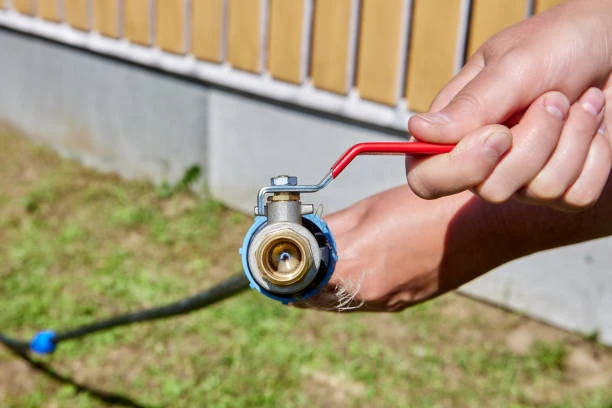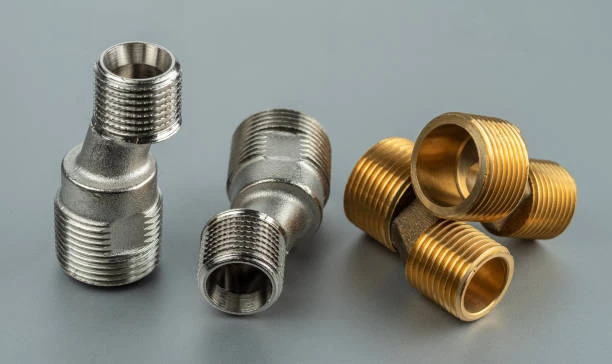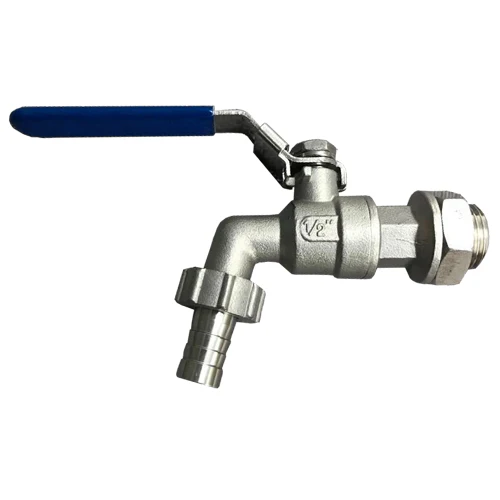
Brass ball valves are essential components in plumbing and industrial systems, known for their durability and reliability. These valves control the flow of liquids and gases, making them crucial in various applications, from residential plumbing to large-scale industrial processes. This article will explore the different types of ball valves, their prices, and how they relate to pipe press fittings.
Understanding Brass Ball Valves
Brass Fitting are designed with a spherical disc, that controls the flow of fluid. When the valve is open, the hole in the ball aligns with the pipe, allowing fluid to pass through. When closed, the ball rotates to block the flow. This simple yet effective design makes brass ball valves a popular choice for many plumbing applications.
Key Features of Brass Ball Valves
- Durability: Brass is resistant to corrosion, making these valves suitable for various environments.
- Versatility:It can be used with different types of fluids, including water, oil, and gas.
- Ease of Operation: The quarter-turn operation allows for quick and easy opening or closing.
Types of Brass Ball Valves
1. Standard Ball Valves
These are the most common types used in residential and commercial plumbing. They typically feature a simple design with a lever handle for easy operation. Standard ball valves are suitable for a wide range of applications, from water supply to heating systems.
2. Full Port Brass Ball Valves
Full port valves have a larger diameter opening compared to standard valves. This design allows for unrestricted flow, making them ideal for applications requiring minimal pressure loss, such as in larger piping systems.
3. Reduced Port Ball Valves
Reduced port valves have a smaller opening, which can lead to a slight pressure drop. These valves are often used in applications where space is limited or where cost savings are essential. They are generally less expensive than full port valves.
4. Floating Ball Valves
In floating ball valves, the ball is not fixed but rather floats on the flow of the fluid. This design allows the ball to seal tightly against the valve seat when closed, providing excellent sealing capabilities. Floating ball valves are widely used in low to medium pressure applications.
Prices of Ball Valves
The price of valves can vary significantly based on several factors, including type, size, and brand. Here’s a general overview of the price ranges you can expect:
- Standard : Prices typically range from $10 to $50, depending on size and brand.
- Reduced Port : Expect to pay between $15 and $60 for valves, depending on size.
- Floating Ball Valves: Prices can range from $15 to $80, depending on the application and manufacturer.
- Trunnion Ball Valves: These valves are generally more expensive, with prices starting around $50 and going up to $300 or more for larger sizes.
Factors Influencing Prices
- Material Quality: Higher quality brass may result in a higher price but offers better durability and corrosion resistance.
- Size: Larger valves tend to cost more due to the increased material and manufacturing costs.
- Brand Reputation: Established brands may charge a premium for their products due to their reliability and warranty offerings.
- Special Features: Valves with additional features, such as automated controls or higher pressure ratings, will generally be more expensive.
The Relationship Between Brass Ball Valves and Pipe Press Fittings
Pipe press fittings are essential for creating secure connections in plumbing systems that utilize brass ball valves. Here’s how they work together:
- Ease of Installation: Using press fittings with brass ball valves simplifies the installation process, as they require minimal tools and time.
- System Integrity: The combination of quality brass ball valves and reliable pipe press fittings ensures a robust plumbing system that can withstand various pressures and temperatures.
Conclusion
Brass ball valves are a versatile and durable choice for controlling fluid flow in various applications. Understanding the different types and their associated prices can help you make informed decisions when selecting the right valve for your needs. Additionally, recognizing the synergy between brass fitting and pipe press fittings is crucial for achieving a reliable and efficient plumbing system.
FAQs
- What is the difference between full port and reduced port valves?
- Full port valves have a larger opening, allowing for unrestricted flow, while reduced port valves have a smaller opening, which can lead to a pressure drop.
- Are valves suitable for gas applications?
- Yes, brass ball valves are commonly used for gas applications, but always check the specific valve rating for compatibility.
- How do I choose the right size brass ball valve?
- The right size depends on the diameter of your piping system and the flow requirements of your application.
- Can I use pipe press fittings with valves?
- Yes, many brass ball valves are compatible with pipe press fittings, providing a secure and leak-proof connection.
















